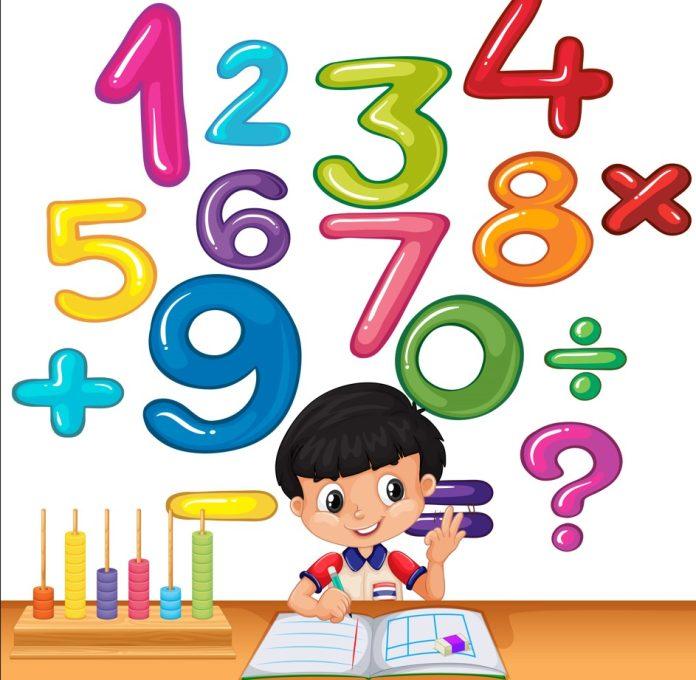In a world driven by technology, the ability to perform mental calculations swiftly and accurately remains a valuable skill. Abacus education, with its roots dating back centuries, offers a time-tested method of developing exceptional mental calculation abilities in individuals of all ages. This unique approach not only strengthens mathematical skills but also enhances cognitive abilities, concentration, and problem-solving capabilities. Abacus education goes beyond mere arithmetic, providing a solid foundation for lifelong learning and success.
The abacus, a counting tool consisting of beads on rods, serves as the centerpiece of abacus education. Through structured learning and practice, students learn to manipulate the beads on the abacus to perform a wide range of mathematical calculations. Starting with basic addition and subtraction, learners gradually progress to more complex operations such as multiplication, division, and even advanced mathematical concepts.
One of the primary benefits of abacus maths education is its ability to develop mental calculation skills. By utilizing the abacus as a visual and tactile aid, students learn to visualize and manipulate numbers in their minds. This process enhances their number sense and builds a strong foundation for mental calculations. Over time, learners become proficient in performing calculations mentally, without the need for pen, paper, or even a physical abacus. This level of mental agility and numerical fluency equips individuals with a valuable skill set that can be applied to various aspects of their personal and professional lives.
From Numbers to Creativity: Abacus Education Nurtures Spatial Awareness
In addition to mental calculation skills, abacus education fosters the development of essential cognitive abilities. The process of using the abacus requires concentration, attention to detail, and logical thinking. Students must follow a step-by-step approach, ensuring accuracy in their calculations. This cultivates a disciplined and focused mindset, which can be transferred to other academic subjects and everyday tasks. The ability to concentrate deeply on a given task is a valuable skill in a world filled with distractions, enabling individuals to perform at their best and achieve their goals.
Abacus education also nurtures creativity and spatial awareness. The abacus, with its unique structure and arrangement of beads, requires learners to visualize numbers and patterns. As they manipulate the beads, students develop a keen sense of spatial relationships and the ability to mentally rotate and manipulate objects in their minds. This spatial awareness extends beyond mathematics and can benefit individuals in fields such as art, design, engineering, and architecture.
Another advantage of abacus education is its adaptability to different learning styles and abilities. The curriculum can be tailored to suit individual needs, allowing learners to progress at their own pace. Whether a student is struggling with basic concepts or excelling and seeking advanced challenges, the abacus method can be adjusted accordingly. This personalized approach ensures that every learner receives the necessary support and opportunities for growth, fostering a positive and inclusive learning environment.
Fill the Gap in Your Mathematical Skills: Abacus Education for Adults
Abacus education is not limited to young learners; adults can also benefit greatly from this unique approach. It offers an opportunity to enhance mental agility, improve numerical skills, and boost overall cognitive abilities. For adults who may have missed out on developing strong mental calculation skills during their school years, abacus education provides a chance to fill that gap and acquire a valuable skill set. Whether it’s for personal growth, career advancement, or simply for the joy of learning, adults can reap the benefits of abacus education.
Furthermore, abacus education transcends the realm of mathematics. The skills acquired through abacus training, such as concentration, logical thinking, problem-solving, and spatial awareness, have a positive impact on various aspects of life. Students often experience improvements in other academic subjects, as their enhanced cognitive abilities and disciplined approach to learning transfer to different areas of study. Additionally, abacus education fosters self-confidence, as learners witness their progress and achievements in mastering complex calculations.
Abacus education also promotes a lifelong love of learning. The process of mastering mental calculation skills through the abacus method instills a sense of curiosity, perseverance, and a growth mindset. Students become accustomed to tackling challenges and view mistakes as learning opportunities. This mindset carries over to other areas of life, encouraging a continuous desire to learn, explore, and grow intellectually.
It is worth noting that abacus education goes beyond the theoretical understanding of numbers. The hands-on nature of manipulating the abacus beads engages multiple senses and reinforces the learning experience. This kinesthetic approach appeals to different learning styles and ensures a deeper understanding and retention of mathematical concepts. As a result, students develop a genuine appreciation for the beauty and power of numbers, which extends beyond their academic pursuits.
Conclusion
Abacus education is a powerful tool for developing mental calculation skills that have a lasting impact on individuals’ lives. Its ability to enhance mathematical proficiency, cognitive abilities, concentration, problem-solving skills, and overall personal development makes it a wise investment of time and effort. From young learners seeking a solid foundation in mathematics to adults looking to sharpen their mental agility and numerical prowess, abacus education offers a comprehensive and holistic approach to learning. Embracing the abacus as a powerful learning tool can lead to a lifetime of improved mathematical abilities, increased confidence, and a passion for continuous learning.
